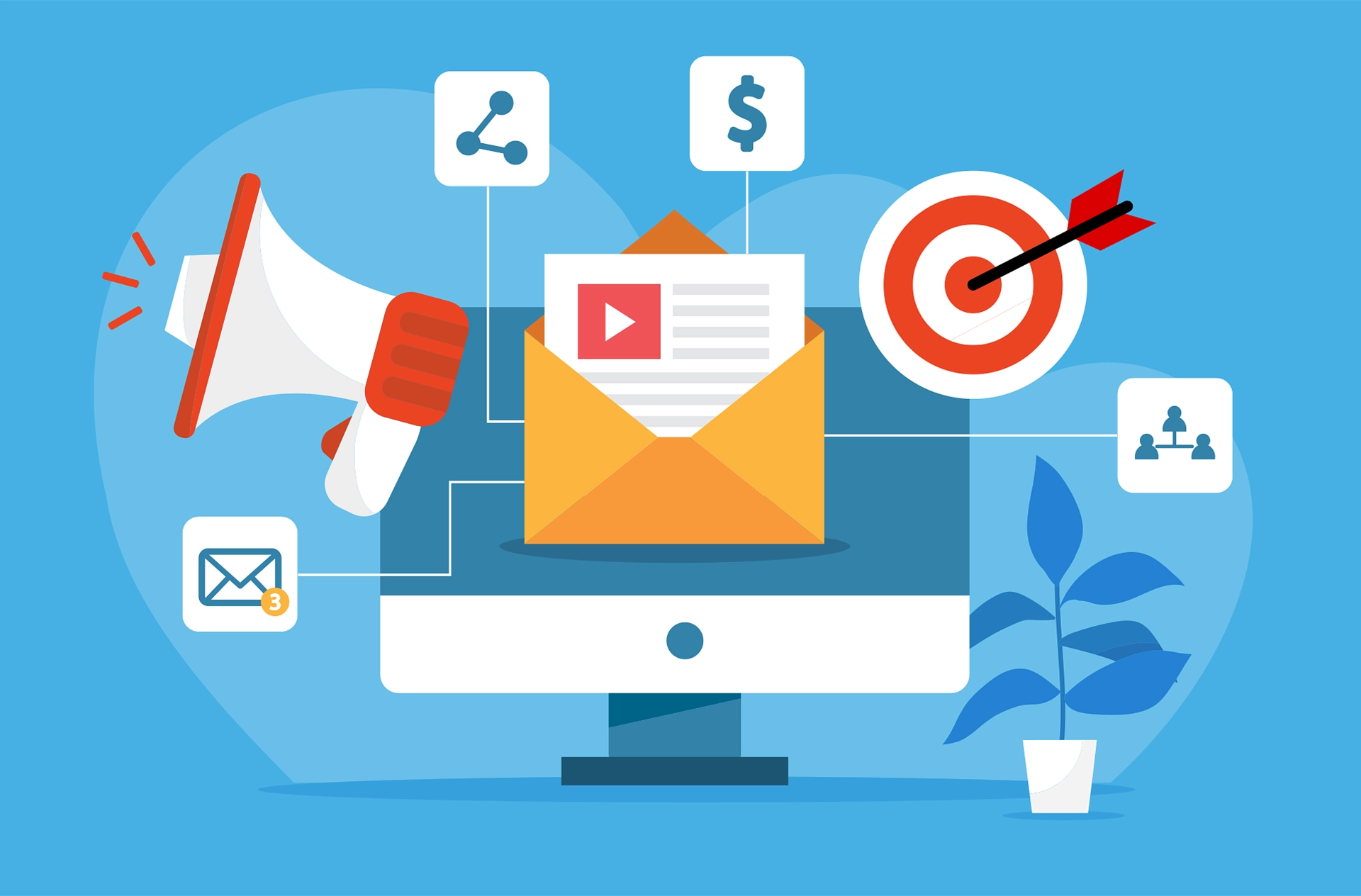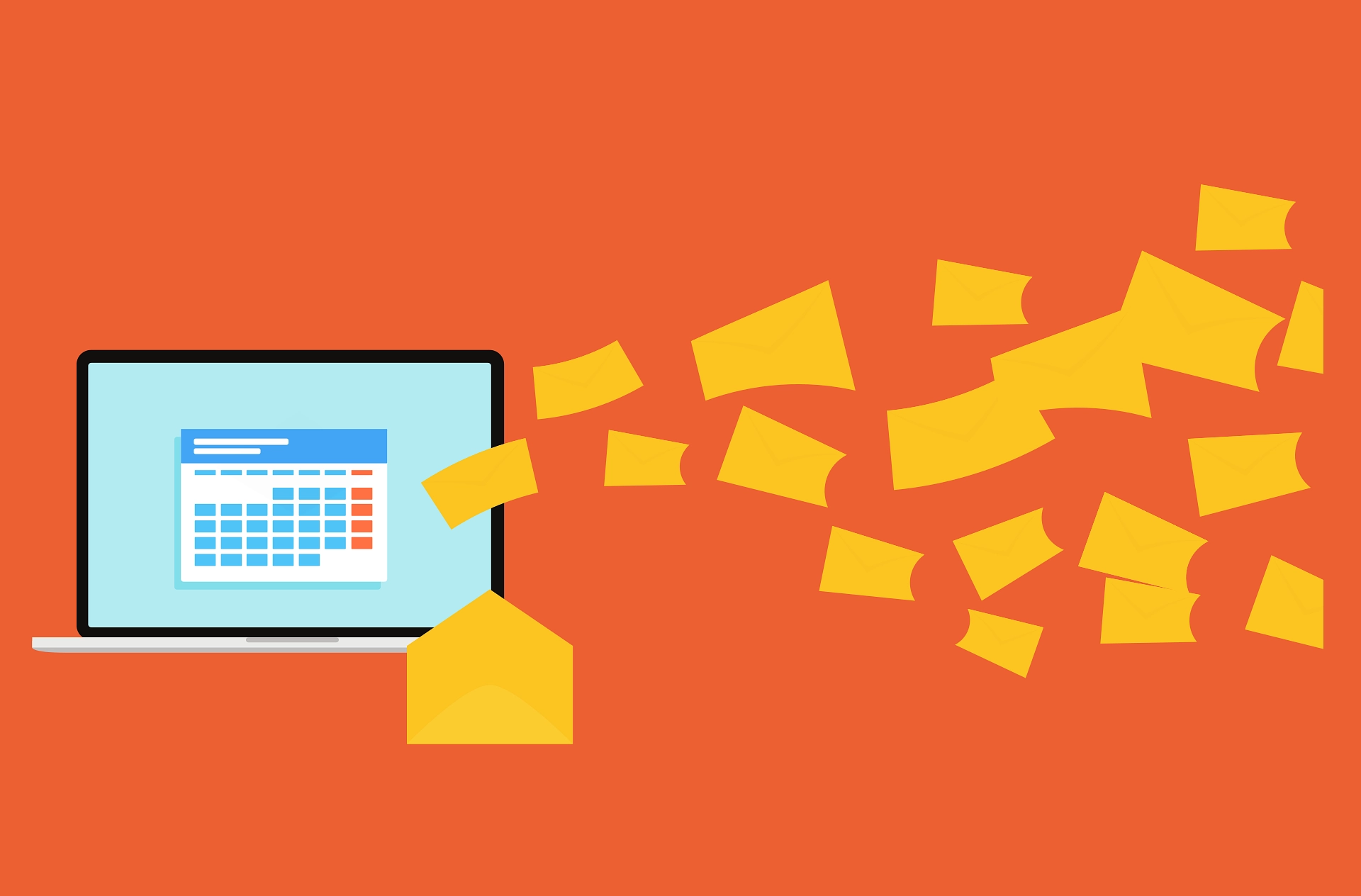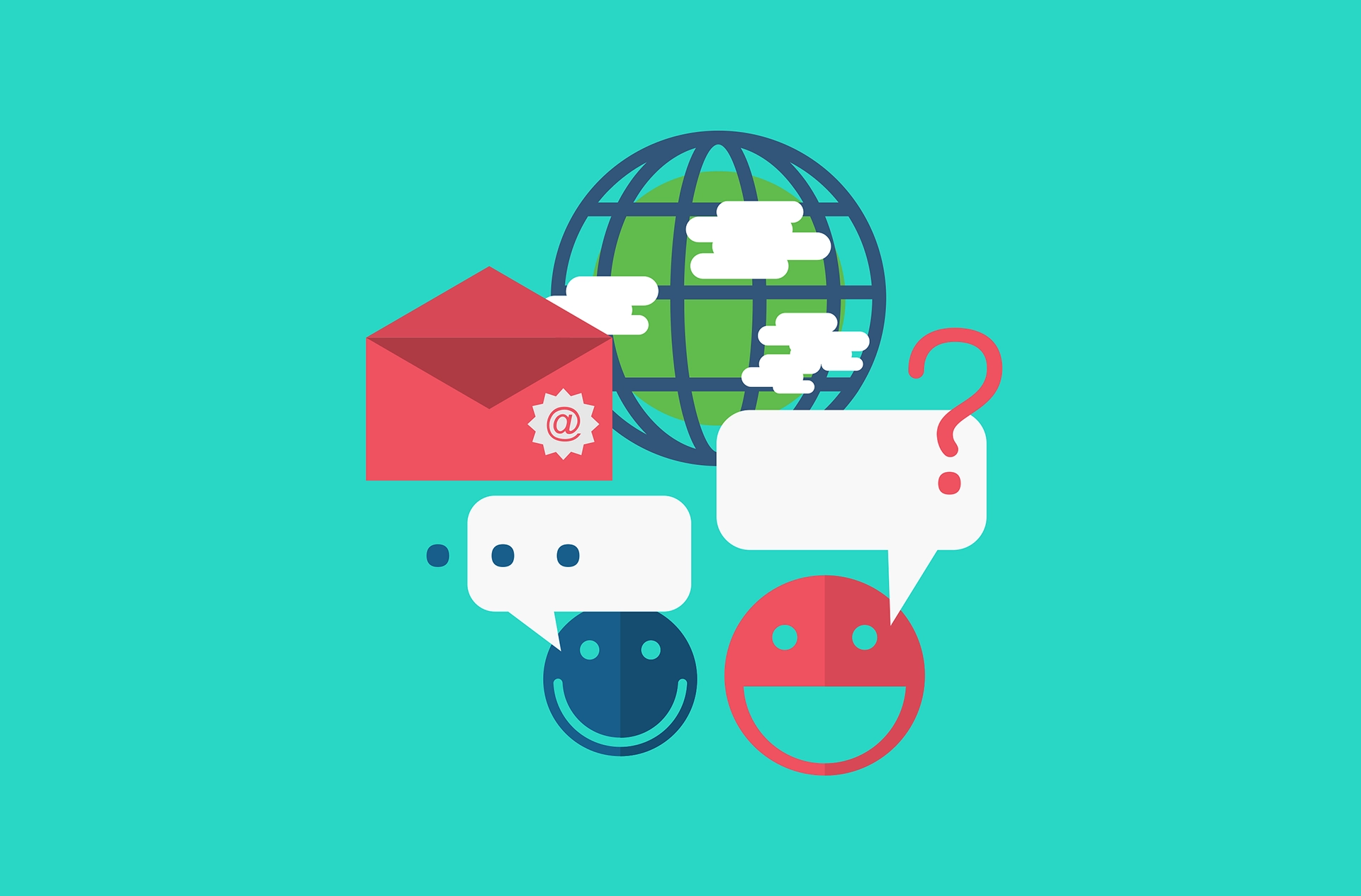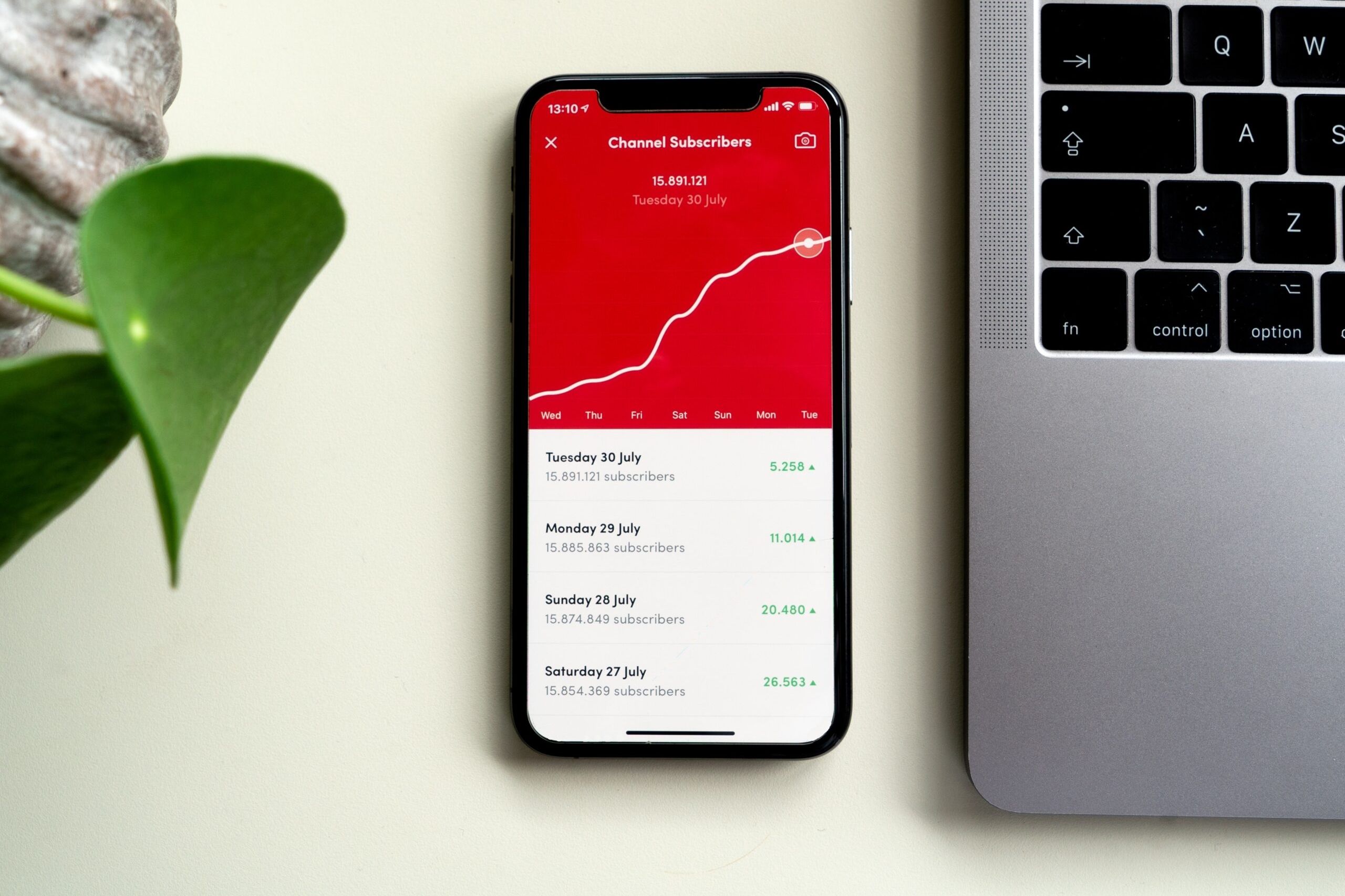Marketing Automation: Streamlining Marketing Campaigns for Success
An effective marketing strategy is imperative to the success of any business. However, as the digital world evolves, so do the challenges that marketers face across online and offline situations. Keeping up with the ever-changing preferences of consumers, managing complex data sets and insight, and delivering personalised experiences can be overwhelming.
This is where marketing automation comes into play, attempting to revolutionise modern marketing, helping businesses streamline their campaigns and marketing activities for unparalleled success.

The Evolution of Marketing Automation
Marketing automation is not a new concept in the world of marketing, but its capabilities have evolved significantly over the last few years. We capabilities and use cases. Initially, it was merely a tool for sending out mass emails to alleviate the burden of manual sending. However, today’s marketing automation platforms are robust, multifaceted systems that encompass a wide range of marketing tasks and tools which cover the entire marketing landscape. They empower marketers to automate repetitive processes throughout their daily workload, segment audiences, personalise messages based on data, and analyse data to provide future insight all in one centralised platform.
What is marketing automation?
Marketing automation is commonly referred to as the use of software and technology tools to automate key, repetitive marketing tasks and workflows throughout the business landscape. It enables businesses to enhance and streamline their marketing efforts, improve efficiency throughout their marketing department, and deliver more personalised and targeted messages to their audience and customers. Marketing automation encompasses a wide range of activities and processes, including email marketing, lead nurturing, social media posting, customer segmentation, and data analysis to name a few.

Benefits of Marketing Automation
Marketing automation tools offer numerous benefits to marketers that can significantly enhance a business’s marketing efforts and ROI. Here are some of the key marketing automation benefits:
| Benefit | Explaination |
|---|---|
| Efficiency and Time Savings | Automating repetitive tasks can be a life saver for marketers with little time, such as email campaigns, social media posting, and lead nurturing all of which frees up valuable time for marketers to focus on strategy and creativity. |
| Personalisation at Scale | Marketing automation allows you to segment your audience and deliver highly personalised pieces of content and messages to different customer segments throughout your customer base, helping to increase engagement and conversion rates. |
| Consistency | Automation ensures that marketing campaigns run consistently and on schedule every single time, maintaining a steady presence in front of your audience, helping to improve engagement and customer loyalty. |
| Data-Driven Insights | Automation tools provide a range of detailed analytical insights and reporting, enabling data-driven decision-making and the ability to adjust marketing strategies for better results. |
| Improved Lead Nurturing | Automated workflows and models can guide leads through the sales funnel, delivering relevant content and nurturing them until they're ready to make a purchase, all without marketers needing to click a button after setting up a few simple automations. |
| Increased Sales and Revenue | With personalised, clear and timely communications, automation can lead to higher conversion rates levels and increased sales, ultimately boosting revenue for your brand. |
| Better Customer Retention | Automation can be used to create post-purchase workflows and deliverables, ensuring ongoing engagement with existing customers after they have purchased, which can lead to increased loyalty and even repeat business. |
| Scalability | As your business grows such as your marketing needs, automation can scale with it, allowing you to manage larger customer bases and more complex marketing campaigns and tasks without a proportional increase in workload across your teams. |
| Reduced Human Error | Human error is a common occurrence throughout any marketing department. Automation reduces the risk of human errors in marketing campaigns, ensuring that messages are consistently delivered correctly. |
| Multi-Channel Marketing | Automation platforms often support multi-channel marketing campaigns and activities, enabling coordinated campaigns across email, social media, SMS, through your website and more. |
| Lead Scoring | Marketing automation can assign scores and points to leads based on their behaviour and engagement with your marketing materials, helping sales teams prioritise their efforts on the most promising prospects who engage the most. |
| Cost-Efficiency | While there's an initial investment in marketing automation software and tools, the long-term cost savings from increased efficiency and better ROI can be substantial and far outweigh the initial investment. |
| Competitive Advantage | Businesses that enhance their capabilities and embrace automation can gain a competitive edge over their rivals delivering more targeted and relevant content to their audience. |
These benefits of marketing automation make automated marketing a valuable asset for any businesses looking to streamline their marketing efforts, create time savings throughout their departments, enhance customer experiences, and achieve greater success in streamlining your marketing campaigns.

Getting Started with Marketing Automation
Now that we’ve explored the vast range of benefits for marketing automation, you might be wondering how to get started.
Here’s a brief roadmap:
1. Define Your Goals
Start by identifying what your marketing goals and objectives are. What do you want to achieve with automation if you were to introduce it? Whether it’s lead generation, conversion rate optimisation, or customer retention, having clear goals will guide your automation strategy and help you to get the most out of your investments.
2. Choose the Right Automation Platform
Select a marketing automation platform that aligns with your needs and budget, be sure to be thorough in your search and pick the right platform for your needs now and in the future. There are various options available, ranging from beginner-friendly tools to advanced enterprise solutions for large organisations. Ensure the platform integrates seamlessly with your existing systems and fits your needs in the future.
3. Segment Your Audience
Segmenting your audience based on relevant criteria, such as demographics, behaviour, or purchase history is crucial to deliver targeted messaging to your customers and prospects . Automating this segmentation will allow you to deliver highly targeted and personalised content at a much faster rate and with greater accuracy and impact.
4. Create Engaging Content
Creating compelling and relevant content for your automated campaigns is crucial. Whether it’s emails, social media posts, or landing pages, your content should resonate with your audience and encourage them to take action and convert.
5. Test and Optimise
Marketing automation is not a set-it-and-forget about it solution. To be successful with automation in the long term, brands must continuously monitor and analyse their campaigns’ performance and effectiveness. Utilising A/B testing can help you fine-tune your marketing strategies and maximise results and ROI across your department.

Areas of marketing that can use automation
Marketing automation can be applied across various different marketing channels and activities to help streamline processes and workflows throughout, improve efficiency, and enhance overall marketing results. Here are some key areas where automation is commonly used in the marketing landscape:
| Marketing Activity | Use Case |
|---|---|
| Email Marketing | Automated email marketing is becoming increasingly used across organisations. Automation can schedule and send personalised email campaigns and messaging, create and segment email lists, and trigger emails based on user behaviour and interactions(e.g., abandoned cart emails, welcome sequences, and follow-up emails to enquiries made). |
| Social Media Management | Automation tools can schedule posts, track engagement metrics, and even automate responses to certain social media interactions. Your entire social media channel set can be incorporated into one single system which delivers content across all channels automatically. |
| Lead Generation & Nurturing | Automation can help to capture and nurture leads through forms on websites and applications, landing pages, and pop-ups across multiple platforms. It can also automate lead scoring and points systems to prioritise the most promising leads and help turn them into sales. Automated workflows can nurture leads throughout the sales funnel with a series of personalised emails or content based on their actions and preferences, guiding them through each part of the sales funnel at the right time to help them convert. |
| Customer Relationship Management (CRM) | Automation in CRM systems can manage customer data, track user interactions, and automate follow-up tasks and reminders which become a monotonous task for many sales and marketing teams. This frees up your marketing teams time so that they are able to add further value in other areas of your marketing activities. |
| Content Marketing | Automation can help schedule blog posts well in advance, distribute content to various channels, and personalise content recommendations for website visitors, all through setting up a series of rules and automation workflows which enable your marketing team to get the most out of their content marketing activities. |
| Analytics and Reporting | Marketing automation platforms provide robust analytics and reporting capabilities and different tools to track campaign performance, user behavior, and ROI making automation a perfect solution to getting the insights you need without needing to do any manual set up. |
| E-commerce Marketing | The benefits of automating e-commerce marketing activities is that it can assist with cart abandonment recovery, product recommendations, order confirmation emails, and customer feedback collection by delivering targeted email marketing and SMS campaigns based on user interactions without the need for a member of your team being there. |
| Ad Campaign Management | Some marketing automation platforms integrate with advertising platforms like Google Ads or Bing Ads, allowing for automated ad creation, bidding adjustments, and performance tracking without the need for third party ads services or skilled members of your team to run it. |
| Customer Support | Automated chatbots and customer support ticketing systems can provide immediate responses to common inquiries and route more complex issues to human agents. This can help to elevate your customer service staff from small issues allowing them to pay focus to more important tasks and queries which require a human touch. |
| Referral and Loyalty Programs | Automation can help to manage and track customer referrals and loyalty programs, rewarding loyal customers and incentivising referrals based on a pre set structure of rules without the need for manual input. |
| Surveys and Feedback | Getting feedback from your customers is important. Automated surveys and feedback requests can be sent to customers to collect valuable insights and assess satisfaction levels without the need for manual tracking and delivery. . |

5 popular Marketing automation tools
Here are five marketing automation tools that businesses commonly use:
HubSpot Marketing Hub
The HubSpot platform offers a comprehensive marketing automation suite of tools that includes email marketing, lead nurturing, CRM integration, analytics, and more. It’s known for its user-friendly interface and scalability while also being robust and secure.
Marketo
Marketo, which is now a part of Adobe Experience Cloud, is a robust marketing automation solution with a focus on B2B marketing tools. It provides lead management, lead scoring, advanced analytics, and integration with multiple different CRM systems.
Mailchimp
While primarily recognised for email marketing, Mailchimp also offers marketing automation features as part of its offering. It’s user-friendly, making it a popular choice for small to medium-sized businesses looking to automate email activities and campaigns, and customer engagement without heavy investment being needed.
ActiveCampaign
ActiveCampaign combines email marketing, marketing automation, a CRM system, and sales automation in a single platform which makes it an attractive choice for many different types of organisation. It’s suitable for businesses of all sizes and is known for its advanced automation capabilities.
Pardot
Salesforce’s Pardot is designed for B2B marketing automation and marketing activities. It undoubtedly integrates seamlessly with Salesforce CRM and provides lead generation, lead nurturing, and analytics tools tailored to B2B sales cycles.
These different marketing automation tools all vary in terms of features, pricing, and target audiences, so it’s really important to carefully evaluate your specific business objectives and goals when selecting the right tool for your business needs.
Catalysing Success: The Power of Marketing Automation in the Modern Landscape
Staying ahead of the curve is essential for any marketing team’s success. Automation has emerged as an indispensable tool that empowers businesses to not only keep up with the pace but also surpass their competition through the utilisation of new tools and platforms which can enhance marketing activities ten times over when done right. It serves as the driving force behind more efficient and effective marketing campaigns, ushering in a new era of success.
More interesting content...
Like this story? Share it on your social media...
For more of the latest content, why not subscribe to our mailing list...






